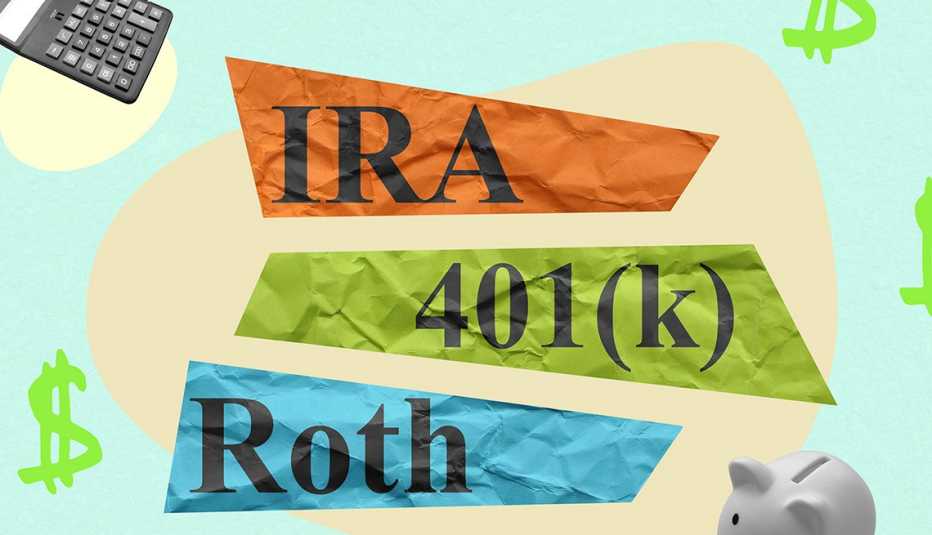AARP Hearing Center


If you’re recently retired, or if you’re new to a job, rolling over a traditional 401(k) plan into a Roth IRA could be a smart financial move with long-term tax benefits.
A traditional 401(k) is funded with pretax dollars, which means that when you take withdrawals, you have to pay taxes on your contributions and earnings at your regular income tax rate. In contrast, contributions to Roth IRAs are made with after-tax dollars, which means all future withdrawals are tax-free.
So the goal of converting a traditional 401(k) into a Roth IRA is to keep any future gains tax-free, and to keep any future withdrawals tax-free, too.
But there’s a catch. You will have to pay taxes at your personal income tax rate on any traditional 401(k) assets you roll over to the Roth IRA at the time of the conversion, according to IRS rules.
The best ways to convert
There are strategies, of course, to convert from a traditional 401(k) to a Roth IRA in a way that will make the initial tax hit less burdensome and boost the future growth potential of your money. The bet you are essentially making (and what you’re really trying to accomplish) when doing a Roth IRA conversion is that you’ll pay a lower tax today on your money than you would years down the road, when you might be in a higher tax bracket, says Anthony Ogorek, president and founder of Ogorek Wealth Management LLC. Here are some tips to boost the chances of getting the biggest payoff on your rollover.



































































More From AARP
13 Ways to Dodge Early Withdrawal Penalties
Tapping IRA or 401(k) costs less for certain expenses
Should I Tap My IRA to Buy a House?
Ed Slott answers your IRA questionsHow to Start Building a Nest Egg
Open an IRA with just $50